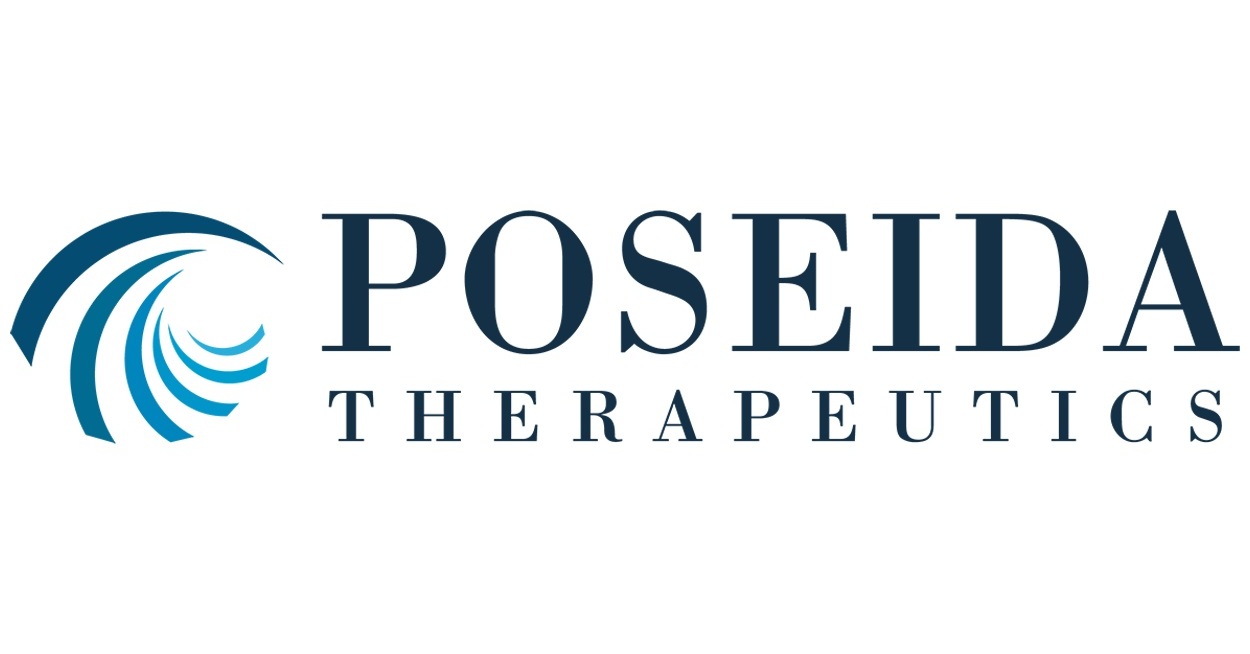Poseida Therapeutics, Inc., a clinical-stage biopharmaceutical company utilizing proprietary genetic engineering platform technologies to create cell and gene therapeutics with the capacity to cure, today announced that the U.S. Food and Drug Administration (FDA) has cleared its Investigational New Drug (IND) application for P-BCMA-ALLO1, the Company's first fully allogeneic CAR-T product candidate for patients with relapsed/refractory multiple myeloma.
"We view a fully allogeneic CAR-T product candidate comprised of a high-percentage of desirable stem cell memory T cells (Tscm) as the 'holy grail' of cell therapy in oncology," said Eric Ostertag, M.D., Ph.D., Chief Executive Officer of Poseida Therapeutics. "P-BCMA-ALLO1 has a very high percentage of Tscm cells with the potential to demonstrate safety in line with our prior P-BCMA-101 autologous approach, allowing for fully-outpatient dosing. The increase in Tscm and a switch to an improved binder also gives P-BCMA-ALLO1 the potential for even better efficacy."
"Notably, Poseida's propriety booster molecule technology gives us the ability to produce up to hundreds of doses of P-BCMA-ALLO1 from a single manufacturing run, thereby dramatically reducing cost and further increasing accessibility for patients who desperately need better and safer cell therapies," Ostertag continued.
With the P-BCMA-ALLO1 IND now cleared, the Company is actively focused on opening clinical sites with the intention to begin dosing later this year. P-BCMA-ALLO1-101 is a Phase 1 study comprised of open-label, dose-escalation, multiple cohorts of allogeneic T stem cell memory (Tscm) CAR-T cells in subjects with relapsed/refractory multiple myeloma. This Phase 1 study follows a 3+3 design of dose-escalating cohorts. After a subject enrols, allogeneic CAR-T cells will be administered as a single dose, following a standard chemotherapy-based conditioning regimen. Treated subjects will undergo serial measurements of safety, tolerability, and response. The study protocol allows for exploration of additional dosing regimens, including re-dosing, once initial safety has been established

 The new drug is an Allogeneic CAR-T Candidate for Relapsed/Refractory Multiple Myeloma
The new drug is an Allogeneic CAR-T Candidate for Relapsed/Refractory Multiple Myeloma









.jpeg)











.jpg)








